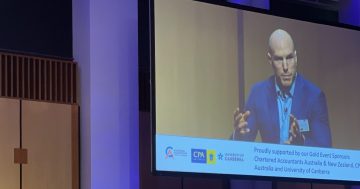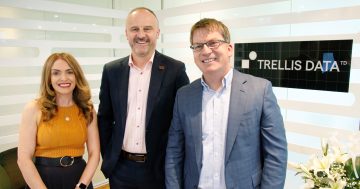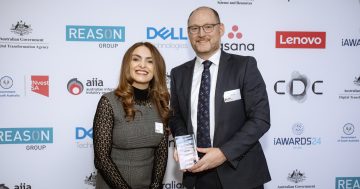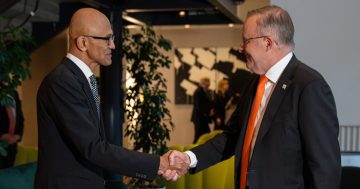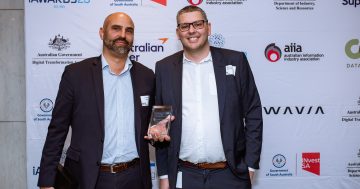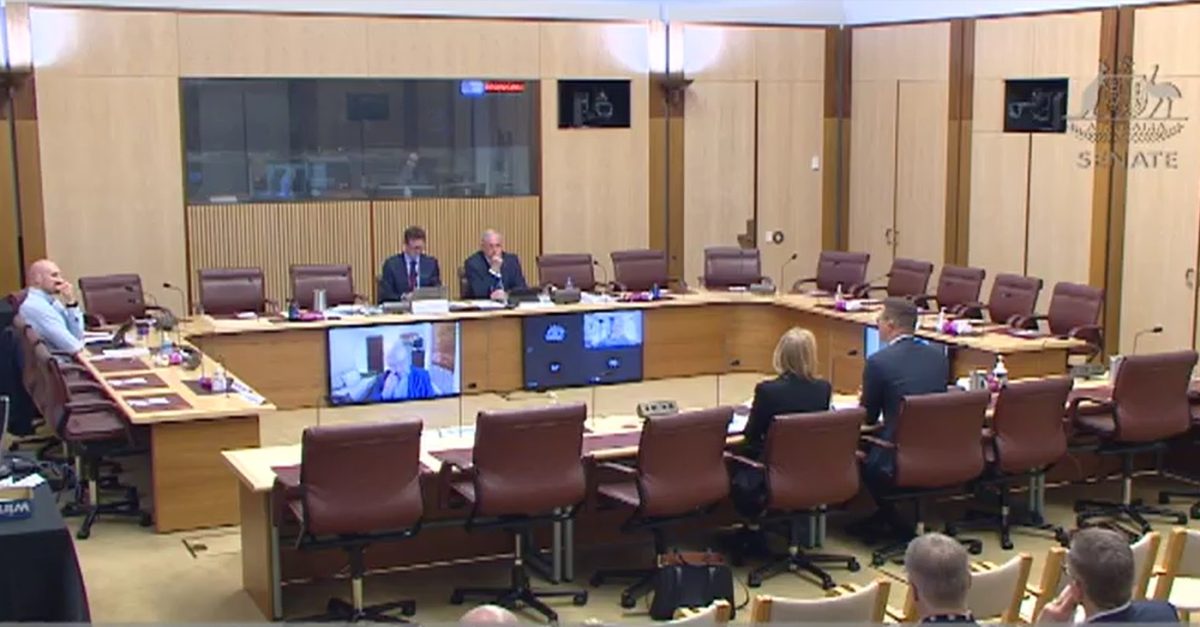
The inquiry into supporting the development of sovereign capability in the Australian tech sector was referred to the Senate Standing Committees on Finance and Public Administration in December. Photo: Screenshot.
The CEO of a leading Canberra-based IT company is calling for sovereign capability to be a factor in government tender evaluations, saying larger international companies are preferred over local suppliers.
Trellis Data CEO Michael Gately made the statements during a public hearing before a Senate Committee looking into sovereign capability in the Australian tech sector on Monday (6 May).
Mr Gately told the committee that while the government is very supportive of Australian service-based industries, the same can’t be said for product-based businesses, which, he said, provide significant additional economic value on a national scale.
The Senate Standing Committees on Finance and Public Administration is holding an inquiry into supporting the development of sovereign capability in the Australian tech sector, with particular reference to the adequacy of current Australian Government procurement policies, challenges faced by smaller Australian tech companies, and opportunities for policy reform.
The committee is also investigating the use of non-sovereign tech across the public sector, the effectiveness of the Buy Australia Plan in supporting Australian tech companies, the level of engagement and consultation between the Australian Government and Australian tech companies, and the effectiveness of processes for tracking supplier performance.
The inquiry was referred to the committee last December, and by the February closing date, 59 submissions had been received.
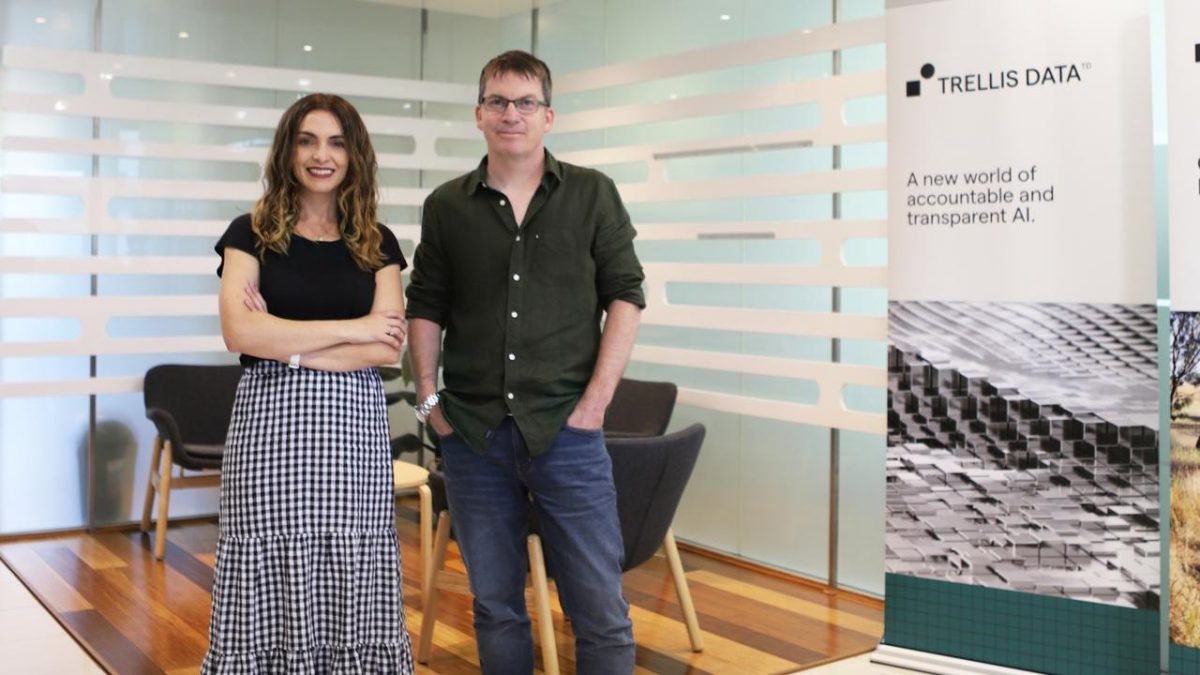
Trellis Data CEO Michael Gately, with co-founder Rachel Gately, said there is a bias towards tech from large multi-national firms. Photo: Trellis Data.
At the hearing, Mr Gately related an experience in which, the day before Trellis Data was to be awarded a tender, the signing ceremony was called off because the delegate was not aware that the capability had already been procured through the government’s larger agreement with Microsoft.
Committee Chair Senator Richard Colbeck described that experience as “the left hand not knowing what the right hand is doing”.
Mr Gately agreed, saying, “It’s not an isolated incident, and I think that it is a situation where it’s difficult to see how that won’t happen again”.
He told the committee that because the larger international companies are well-recognised and considered safe for the government to acquire from, it is difficult for Australian companies that have products as good as or better than those of the larger companies to gain recognition.
“In the old days it was, ‘no one ever got fired for buying IBM’,” he said. “That’s obviously changed for newer companies; they’re incredible companies and great success stories.
“But that leads to a bias that if you’re local, you must be second rate, and there’s no curiosity to discover if that’s different. I think we have some bias in the procurement policy and in its implementation.
“We have world leading capability in AI and are backed by Australia’s largest deep tech venture capitalists as a result,” he said.
“But in an irony of that, we get most of our revenue from overseas. That’s a difficult thing to handle when you want to create an Australian situation first in terms of AI capability.
“Knowing how good our tech is and knowing that the other companies I’ve referred to are from other countries is a difficult thing to overcome.”
Mr Gately said a company offering a sovereign capability should be a factor in tender evaluations.
“This is worth knowing when we talk about investing in sovereign AI,” he said.
“All my team – researchers, pro developers – are all in Australia. We all pay our taxes, and we don’t offshore profit.
“So you get your maximum return to the country from an Australian-controlled and owned company, and I think that provides a dividend that may not always be calculated in a proposal submission or tender evaluation process.”
The committee is scheduled to report its findings by 30 June.












